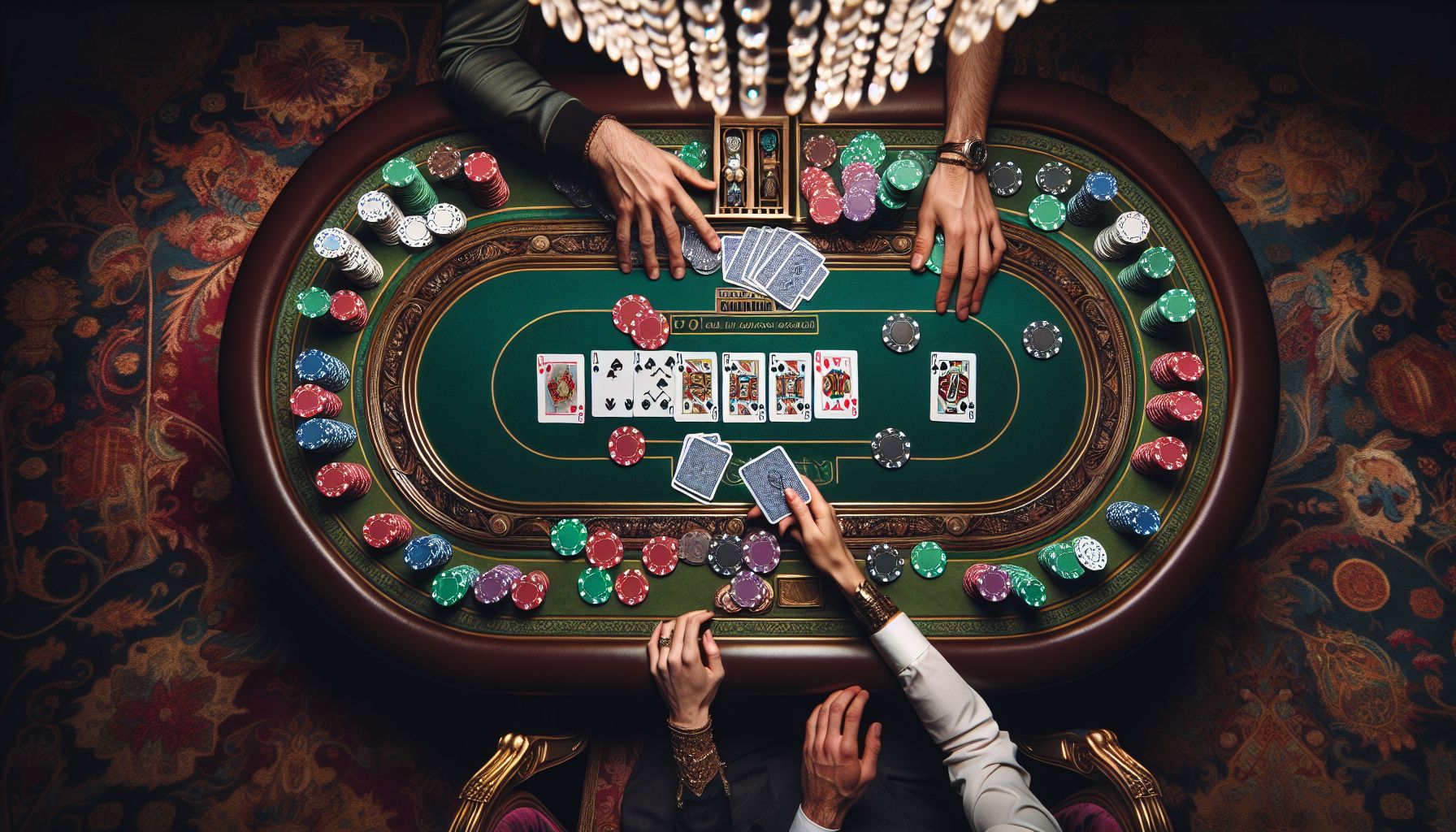In the world of gambling and poker games, Bankroll Management How to Sustain your winnings can be as excellent as your management skills – specifically, your bankroll management skills. Success in poker is not only about reading poker faces or knowing when to hold or fold. It involves the critical yet often overlooked aspect of managing and sustaining your funds. This article will guide you on the best practices to keep your poker game strong and profitable, by astutely managing your bankroll.
What is Bankroll Management?
In simple terms, a bankroll is the sum of money a player sets aside solely for gambling purposes. Bankroll management, therefore, is the practice of managing this money wisely, Bankroll Management How to Sustain ensuring the player can enjoy the game without risking too much of their money.
Proficient bankroll management can mean the difference between a long, enjoyable poker experience and a financial struggle culminating in an unceremonious exit from the poker table. Maintaining a decent bankroll is less about the size of your stake and more about how strategically you manage it.
The Importance of Bankroll Management
Bankroll management in poker is essential to ensure both continuous play and protection from full loss. Even professionals, with their advanced strategy skills and years of experience, can endure bad runs. By effectively managing a bankroll, players can absorb such losses and continue playing without completely depleting their funds.
Effective bankroll management also governs the scale of the poker games you can afford. With a small, well-managed bankroll, you can still enjoy the poker games at suitable stake levels without jeopardizing your financial stability.
Finally, good bankroll management ensures stress-free poker sessions. You can relax, knowing that the money you’re playing with is designed to be spent on poker, Bankroll Management How to Sustain and losing it won’t affect your overall finances.
Bankroll Management Strategies
1. Determine Your Bankroll Size
Before even sitting at the poker table, take the time to determine how much money you can comfortably set aside for playing poker – your bankroll. The chief rule here is to ensure that you can afford to lose the bankroll without suffering a noticeable impact on your lifestyle.
2. Define Your Comfort Zone
Your bankroll comfort zone refers to the maximum amount of money you feel relaxed risking in a poker game. This amount should ideally be a fraction of your total bankroll.
3. Bankroll Allocation
Make consistent decisions about how much of your bankroll you will put into play in a single poker game. A conservative share suggests not more than 5% of your bankroll. While this may seem conservative, mollifying risk is the key.
4. Stick to Your Limits
Once you’ve allocated a portion of your bankroll to a poker game, stick with it. It can be enticing to chase losses or increase your stake when you’re on a winning streak, but over time, strict adherence to your defined limits will prove most profitable.
5. Taking Breaks
Always remember that you don’t have to stay in the game all the time. If you’re going through a losing streak or just not feeling up to it- take a break. It can often help refocus your mind and protect your bankroll.
6. Regular Review
Lastly, make it a habit to review your bankroll balance after every session. It will help you understand whether or not you’re following your bankroll management plan and if it needs adjustments.
Conclusion
Proper bankroll management is essential for a fun, sustained, and hopefully profitable gaming experience. It’s not only about picking the right strategy or merely learning the rules but also about controlling your cash in a disciplined manner. It would help if you remembered that poker is a marathon, not a sprint. Ensuring your funds can go the distance is a fundamental part of the game.




